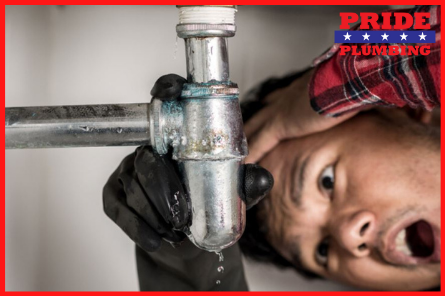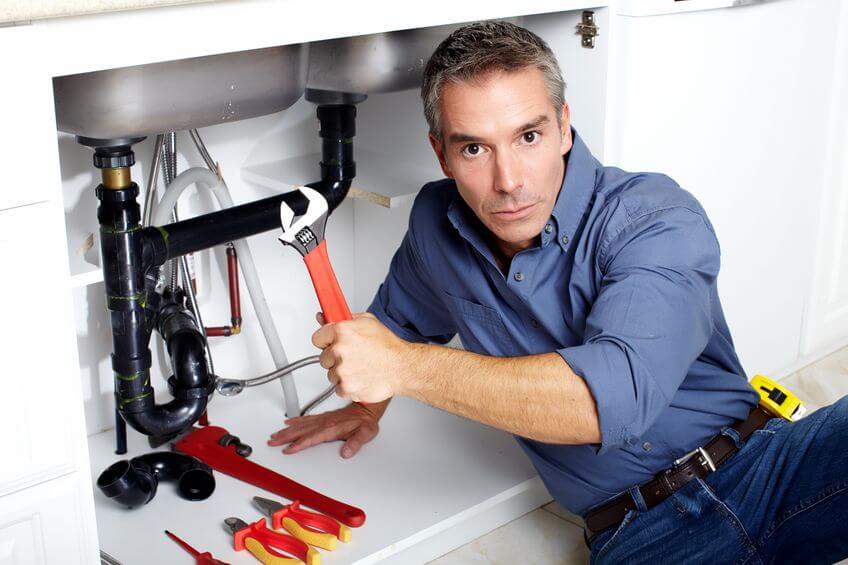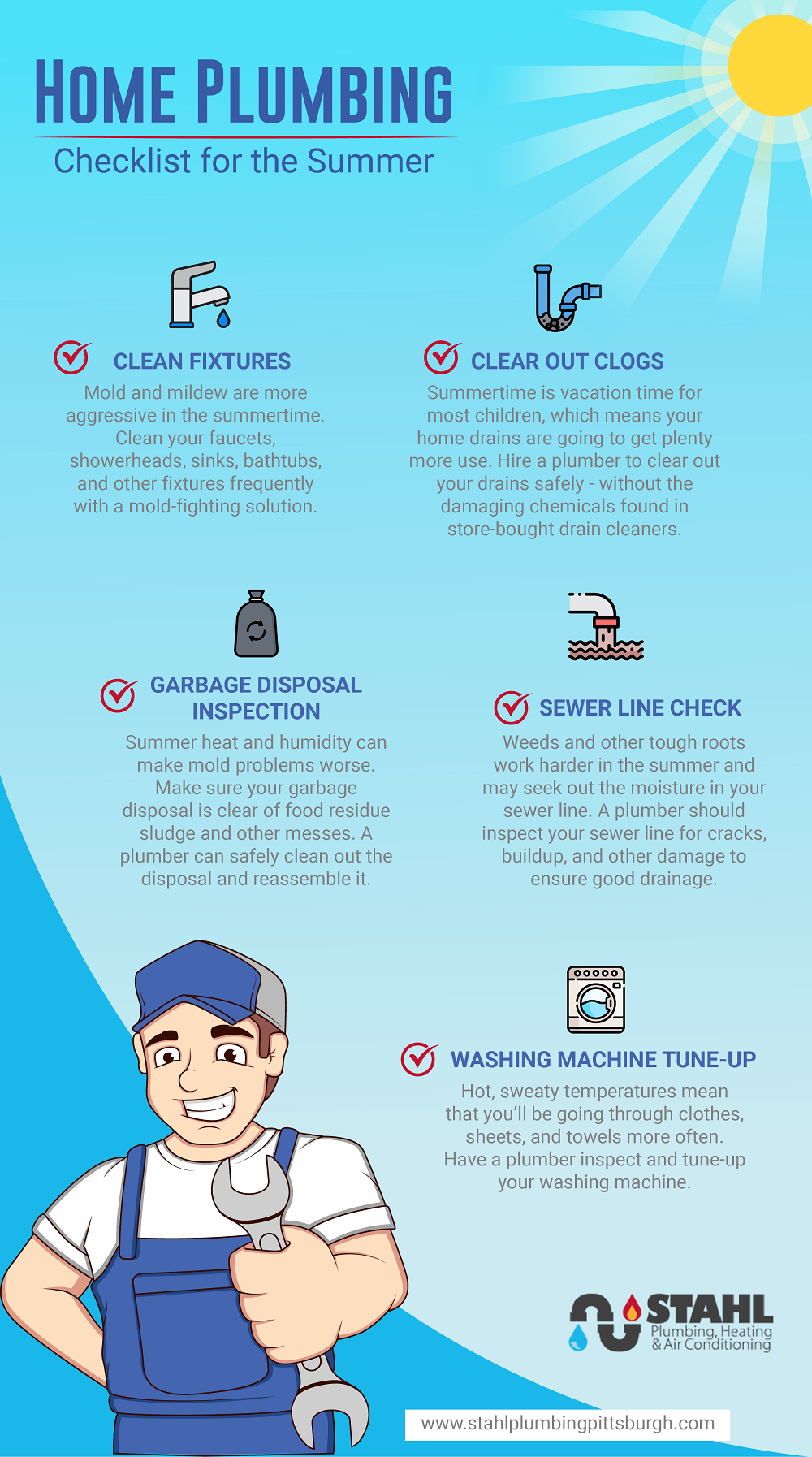All Categories
Featured

[/image][=video]
[/video]
Before you hurry to call a plumbing professional or make some poor DIY selection, you might want to take an appearance at these pipes tricks that can save you time and money. It's essential to understand where you water turned off shutoff remains in your home, as this can save you from more serious damage when plumbing problems occur.
When everything is turned off, take a look at your water meter. An ongoing movement on your water meter when all water sources are transformed off is a clear red flag that requires instant focus.
Slow-moving drains are commonly a very early warning indicator of a larger issue. It could indicate a blockage in the making, a trouble with your sewage system line, or perhaps tree roots penetrating your pipes. Rather of waiting for the drain to become totally blocked, take activity as soon as you notice a slowdown.

If these do not work, it may be time to hire a specialist. Neglecting the issue could bring about much more major and expensive issues down the line. Recognizing where your primary water shutoff valve is can save you from prospective water damage in situation of a significant leak or plumbing catastrophe.
Should I Hire A Plumber?
Ensure every family adult recognizes where the shutoff valve is and exactly how to utilize it. In case of a serious leak, quickly shutting off your home's water can reduce damage and give you tranquility of mind while you await a plumbing professional to arrive. It's a prominent concept that chemical drain cleansers are the supreme option for blocked drains pipes a notion that could not be additionally from the truth.
The chemicals can rust the internal lining of the pipes, leading to weakened frameworks, leakages, and even pipeline ruptureds. They can leak right into groundwater and pollute it, presenting dangers to regional ecosystems.
These tools can efficiently clear clogs without creating any kind of damage to your pipelines. If these techniques don't function, do not wait to call a professional. Likewise, remember that prevention is always much better than cure. Prevent putting oil, oil, or any kind of solid waste down your drains pipes, as they can solidify and trigger clogs.

Nevertheless, over-tightening can lead to many troubles, including removed screws and busted bolts, leading to leaks or even water damage. This usual mistake in do it yourself pipes projects can transform a small repair work into a costly venture. Instead, aim for a tight fit. The fitting should be tight enough to stop leakages however not so limited that it places excessive stress and anxiety on the equipment.
Should I Hire A Plumber?
Plumber's tape, or Teflon or thread seal tape, is a must-have device for every homeowner. It develops leak-proof seals at pipeline strings, protecting against leaks at joints and links.
Before affixing any kind of fittings, take a moment to wrap a few layers of plumbing professional's tape around the threads in a clockwise instructions. Make sure the tape covers all the threads and is covered securely. This simple yet critical action can save you from taking care of annoying leaks down the line.
Remember that for bigger problems, professional help is constantly recommended. To prevent this from taking place, take into consideration mounting pipeline insulation.
And also, throughout colder months, pipe insulation can aid avoid your pipes from freezing and breaking a situation that can result in pricey repair services. When it comes to sealing components like faucets, many DIY lovers naturally grab a plumber's putty. Yet there's an alternative that could serve you better silicone caulk.
Is Diy Plumbing Safe?
This adaptability permits it to accommodate minor changes or motions without damaging the seal, offering a much more sturdy and resilient option. Just bear in mind to allow the caulk treatment completely according to the maker's guidelines before exposing it to water to ensure the very best outcomes. "Doping" in plumbing describes applying pipe dope, or pipeline joint substance, to the threads of plumbing connections before they're screwed together.
Latest Posts
The smart Trick of Identity Protection Tools That Nobody is Discussing
Excitement About Identity Protection Tools
24/7 Plumber